- Home
- Addiction Guides
- What Are The Warning Signs of a Relapse?
What Are The Warning Signs of a Relapse?
If you have ever suffered from an addiction to drugs or alcohol, then you will be well aware of just how difficult staying sober after leaving rehab and recovery is.
It is also possible for someone to relapse after recovering. That is why it is incredibly important to know and understand the warning signs of relapse so that friends and family members can help their loved ones avoid the pain of relapsing.
Not only is it important for friends and family members to be clued up on the warning signs of a relapse, but it is also important for the recoveree to look out for them and monitor themselves too.
According to the National Institute on Drug Abuse, most people who are recovering from an addiction to drugs or alcohol often relapse at least once during their life.
Whilst unhelpful, for those with a mild or moderate addiction it does not put their health at risk. However, for those who used to suffer from a severe addiction, a relapse can put their health at serious risk.
This is because your body’s tolerance has lowered significantly during your recovery, and your body can no longer tolerate the addictive substance like it once could.
What is a Relapse?

There are lots of different definitions of relapse. However, in simple terms, a relapse is when someone experiences their symptoms again after recovering from a disease. As addiction is a disease, this includes an addiction to drugs or alcohol.
A relapse is when someone takes a step backwards, and undo some of the hard work done during their recovery and treatment.
Despite many people believing that a relapse is a one-timetime thing; that someone has a moment of weakness and gives in. However, this is simply not the case. Instead, a relapse happens slowly, usually over three different stages.
The Stages of Relapse
As discussed above, a relapse is not a one-timetime thing. Relapses usually happen in stages, rather than in one single event.
This happens in three different stages, which are described below.
1. Emotional Relapse
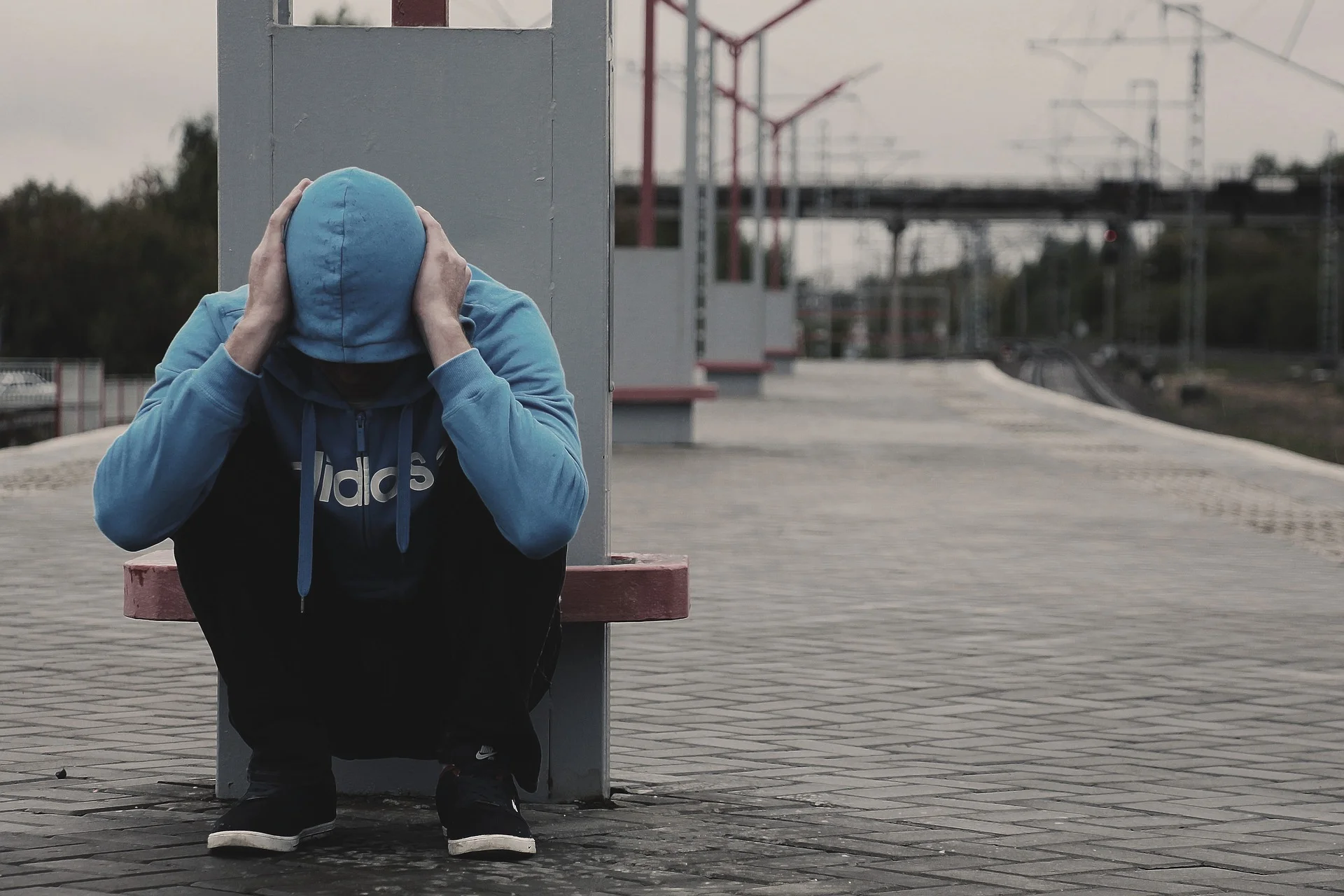
The first stage of most relapses is emotional. It usually happens before anyone even realises that they are going to relapse, so it is said to be on an unconscious level.
The sufferer will start to feel a range of different emotions, including things like anger, loneliness, anxiousness and stress. They might start to feel more sensitive again, and might start to struggle to sleep or get up in the mornings.
They might even start to moan or experience annoyance over attending any self-help groups or meetings that they once found helpful and motivating.
Although they are not actively thinking about consuming drugs or alcohol again, their emotions and behaviours will be getting progressively worse.
Below is a list of some other emotions, triggers and warning signs that might lead to an emotional relepse in the future.
- Insomnia
- Mood swings
- Anxiety
- Depression
- Stress
- Isolation and feeling lonely
- Poor hygiene
- Poor eating habits
- Being more quiet than usual
- Stopping going to meetings, therapy sessions or self-help groups
- Not wanting to engage in fun
2. Mental Relapse

If an individual ignores the warning signs of an emotional relapse, then they will likely experience a mental relapse.
This is when they become aware that they might want to relapse, and they will begin mentally fighting with their need to relapse and their want to stay sober.
Below are some triggers and warning signs of mental relapse.
- Thinking about using
- Fantasying overusing in the past
- Glamourising your past addiction
- Thinking of ways you could consume and get away with it
- Trying to make excuses as to why you would be ‘okay’ to consume drugs
- Thinking about where you could get your hands on the addictive substance
When an individual is thinking in this way, they are at risk of physically relapsing which is the final stage of relapse. At this point, individuals and their friends and families should engage in techniques to stop their relapse from getting any more serious.
Individuals at this stage in a relapse should try talking to a professional, take each day as it comes and try a series of meditation techniques such as holistic therapy and yoga.
3. Physical Relapse

When an individual ignores the warning signs of a mental relapse, then they will likely go on to physically relapse.
At this stage, individuals will start to change their day-to-day routine and will stop taking part in the healthy activities that helped them to recover and stay sober in the first place.
They will start to avoid loved ones and friends and will start to come across as defensive and angrier than they used to [2].
They will now be actively seeking out the addictive substance and will be trying as hard as they can to consume the addictive substance.
They will start to hang out with other addicts again and will be trying to find ways to consume without loved ones finding out.
Warning Signs of a Relapse
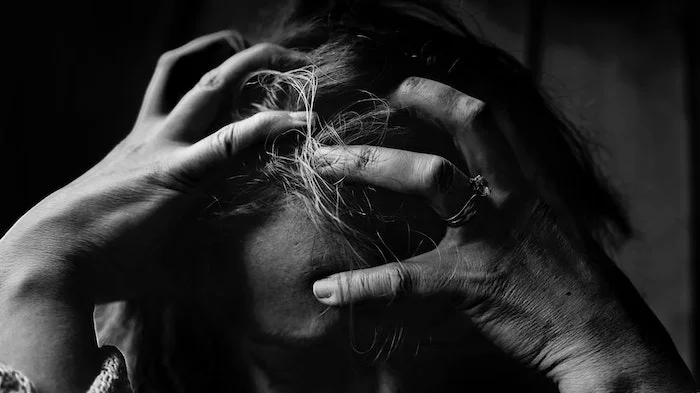
As discussed above, there are three stages to a relapse, each with its warning signs and triggers. If you can learn these warning signs and look out for them, then you are much more likely to stay sober.
However, there is also a list of more general warning signs to look out for when recovering. These are listed below:
- Feeling overly confident
- Feeling more isolated and lonely than ever
- Avoiding self-help groups or therapy sessions
- Arguing with friends and family members more often than usual
- Changes in friendship groups
- Changes in behaviour
- Mood swings
- Feeling like they can control their use
- Depression
- Anxiety
- Low mood
- Fatigue
- Questioning and doubting therapy and recovery techniques
Relapse Triggers
People often relapse because they are exposed to triggers that push them to relapse. These could be old triggers that used to exist when they were precious addicted or could be brand new triggers.
If you can understand what your triggers are, then you will be able to avoid them in your day-to-day life to help you to stay on track and sober.
Although some of the below triggers might seem unavoidable in day-to-day life, by simply being aware of them as triggers, you will be better equipped to manage rather than avoid them together.
1. Access to the Addictive Substance
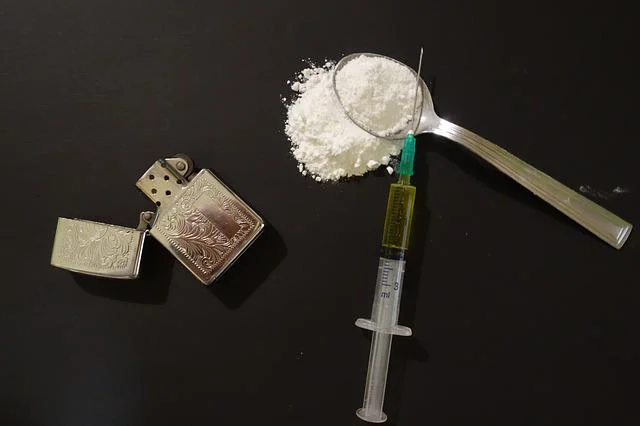
The chances of someone relapsing if they are surrounded by an addictive substance are much more likely.
For example, it would be a massive trigger for someone who is recovering from an addiction to alcohol to go into a bar. It is also a major trigger for someone with an addiction to drugs to go to a party where people are consuming drugs.
2. Stress
No one goes through their life without coming into contact with stress. Some people find work stressful, whereas others undergo financial or emotional stress.
Lots of people find healthy coping mechanisms for stress, such as seeing friends and family members or exercising.
However, those who suffer from addiction tend to try to deal with their stress by abusing drugs and alcohol, which is why it is one of the biggest triggers affecting relapses.
3. Loneliness & Isolation
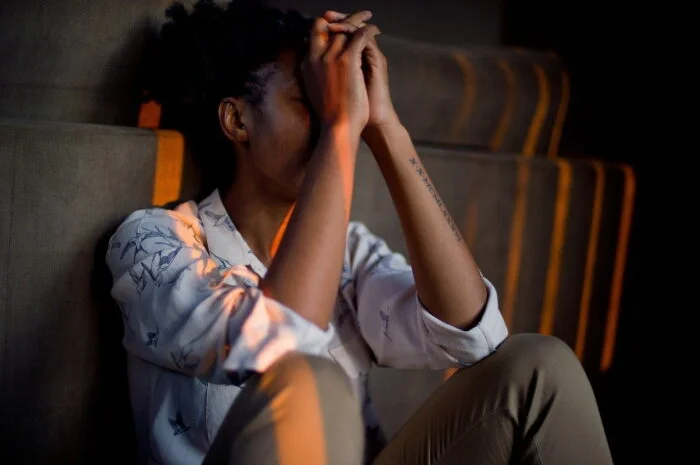
Those who are socially isolated are also a lot more likely to relapse. Having human connection and social life is an important part of everyone’s life.
However, those who are recovering from an addiction are a lot more vulnerable and need a lot of support surrounding them to stay sober.
4. Poor Health
Lots of people who are recovering from an addiction to drugs and alcohol also suffer from other health issues as a result of their past addiction. Although they would have hopefully been treated for these illnesses, some just never go away.
In addition to this, some individuals might become poorly whilst in recovery from a new illness.
This can trigger some old emotions and makes people feel like they will never lead a ‘normal life’ which can spiral into negative thought patterns and potentially, depression.
5. Life Changes

Lots of people who are recovering from addiction need stability, which is why dramatic life changes can have a big effect on their ability to stay sober. For example, moving home, moving jobs, losing someone or someone moving away can trigger a relapse.
How to Avoid Relapsing in the Future
Having read and understood the above relapse warning signs and triggers, it is also important to understand what individuals can do to avoid relapsing in the future.
1. Self-Help Groups
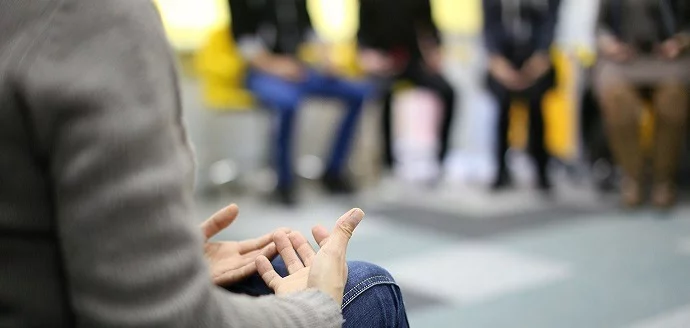
If you can feel yourself slipping into a gradual relapse, then you should start to attend self-help groups. These will help you stay on track and stay sober.
This will allow you to motivate yourself, whilst holding yourself accountable for your decisions. You will also meet friends who are going through the same things as you, to also help motivate you.
2. Use Your Personalised Relapse Prevention Plan
Your relapse prevention plan is there to help you stay sober when you leave rehab. You should refer back to it when you feel yourself slipping into a release, and remind yourself of all the hard work you put in to get to this place.
3. Create Healthy Habits

Try to create healthy habits, such as attending groups, eating healthy food, exercising regularly and going to bed and waking up at the same time every day. This will help you feel a sense of control over your life.
4. Be Kind to Yourself
Finally, you should always be kind to yourself. You should prioritise self-care, and make it a habit. You could start by treating yourself now and then, meditating, exercising and eating well. You should be looking after your body now, more than ever.
References
[1] Kelly JF, Hoeppner BB, Urbanoski KA, Slaymaker V. Predicting relapse among young adults: Psychometric validation of the Advanced WArning of RElapse (AWARE) scale. Addict Behav. 2011;36(10):987-993. doi:10.1016/j.addbeh.2011.05.013




